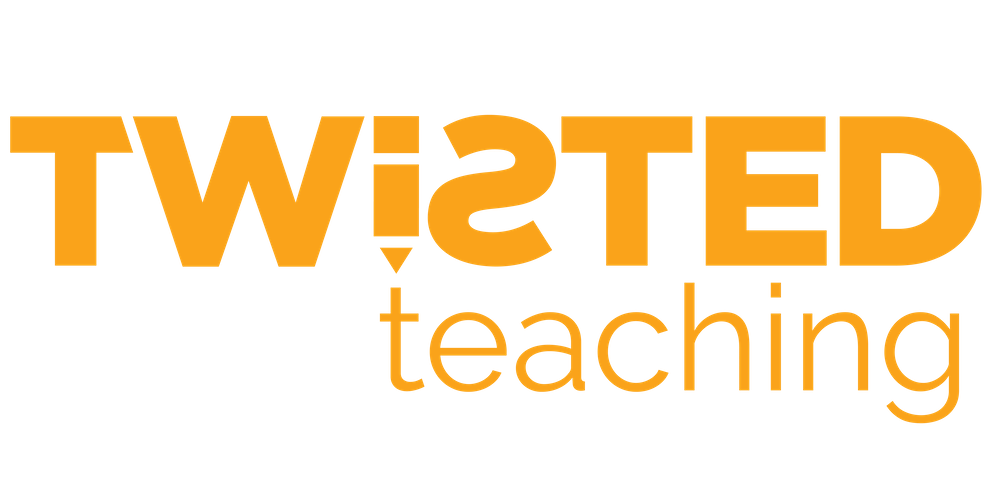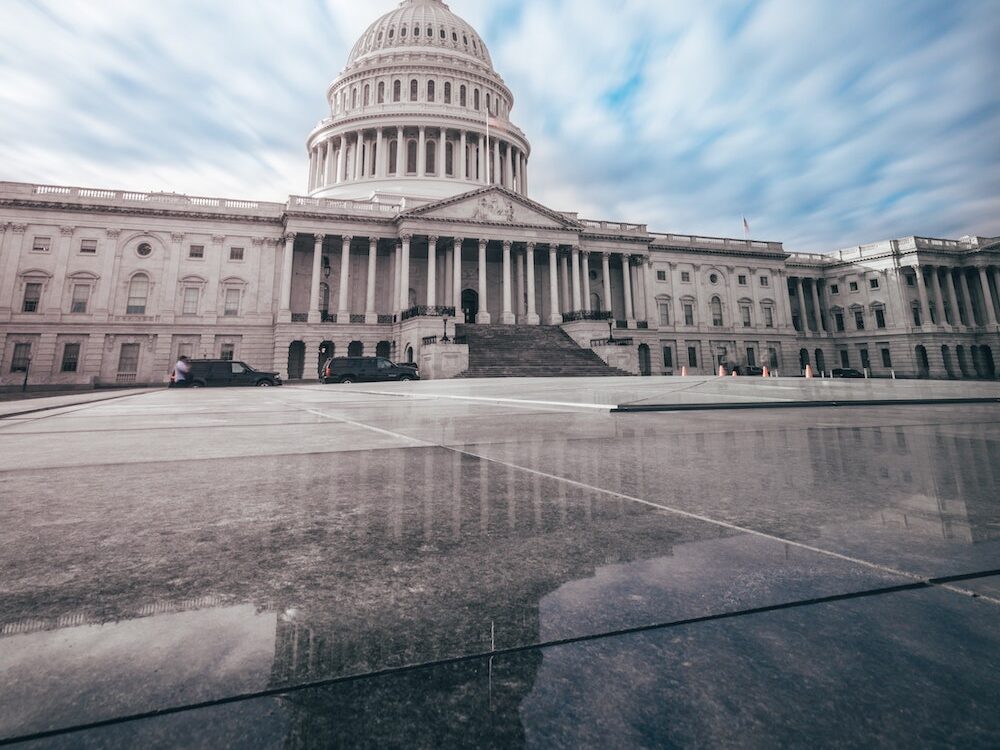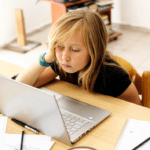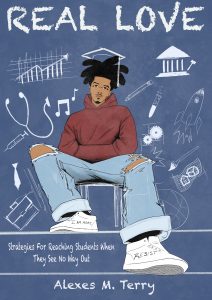The old adage (Murphey’s law) goes whatever can go wrong will go wrong and 2020 (and the first few days of 2021) has proven this theory to be oh so true! From a global pandemic, to protest surrounding racial injustices, to political chaos, and most recently, a siege on our nation’s Capitol building (by domestic terrorist inspired and embolden our current President) this year has personally shown me that, as educators, we must be prepared to respond when things happen around us. We can’t control what happens and when it happens but what we can definitely control is how we respond to what happens and how we support our students in processing, coping with, and responding to what happens.
Throughout my 11 years in the classroom, I have sadly witnessed numerous unfortunate things take place. At the same time, I have also personally experienced unfortunate things, unexpected things, happen. I have experienced students losing parents, riots in schools, riots in the community and violence in schools and communities, racial injustice, and political and civil unrest, and even the death of several students. If you can imagine it, I have experienced and lived through it, while my students watched how I responded to it all.
A critical part of this profession is to be prepared when bad things happen around us. From our response, students learn how to respond to their own emotions, empathize with others, critically analyze situations, and, most importantly, take action that leads to change. In this 2013 Teaching Tolerance article, author Sean McCollum uses the Department of Homeland Security’s Psychological First Aid framework–Listen, Protect, Connect, Model and Teach–to support educators in helping their students “navigate our sometimes violent world.” What I love most about these action steps and the article overall is its connection not just to the news of a national tragedy but it’s the emphasis on supporting students when something tragic happens close to home. Using Listen, Protect, Connect, Model, and Teach as a guide, I developed this reflection guide for educators to use as a tool to build continuous community and connection with their students, but especially when things we can’t control happen around us.
In response to a tragedy, we must be ready to pivot from educator to a system of support and care. At this moment, what you say and how you say it is critical because how we show up and the type of support provided can make or break the connection we have with students and deter our efforts to care for their social, emotional, and cultural needs. Having questions to guide a discussion or use as an opportunity to reflect can have a transformative impact on how you show up for your students and how you guide them in processing events that happen around us, no matter the magnitude.
When things happen around us, here are four questions we should ask:
- What do you know about the event/ what should I know about the event? (Listen)
The purpose of this question allows us to understand students’ individual entry points and what existing information or thoughts/ideas they might have about an event. It also gives us an understanding of what misconceptions or false information exists. When an event happens directly to the students or their community, it’s important for us to give students space to share their facts or the details they want to share without us digging or pressing for information.
- How do you feel about this event? (Protect)
When discussing tragic events, it is critical that we read the room for emotions so we can protect those emotions. This question allows students to express how they feel, and if a writing exercise, allows the educator to gain a better understanding of what emotions were triggered by an event and how we can approach when seeking to provide care, comfort, and support.
- What questions do you have or would like to discuss? (Connect)
Asking students what questions they have is important because it allows us to target their individual needs and allows their questions to guide the discussion. The goal is for us to serve as a support while allowing students to express themselves and their feelings. Using their questions as a guide for discussion serve as a barrier to educators centering their voice, opinions, perspectives, and feeling. From their questions, this also gives us the opportunity to allow students to teach each other and for educators to identify where and when teachable moments can take place and how they can connect with their students to serve their students and the needs they have at that moment.
How can I support you or your community during this time?/ How can we grow (or learn from this event)? (Model/Teach)
One of the most important things we can do for our students when a tragic event happens is to model for them how to support and serve our communities and teach them the importance of serving others. Also, asking students to reflect on an event and being intentional about how we can support them in the aftermath of a tragic event is critical to building solid school-community partnerships. Every tragedy presents an opportunity to grow and learn. However, we must allow students to lead themselves in this process while we provide the necessary support to process and unpack. While we are in a teaching and modeling phase, it is still important to center the feelings, emotions, and experiences of students versus centering how we, as adults, would respond to or grow from the onset of a tragedy.
The year 2020 was an interesting year, to say the least. While many people are hoping the year 2021 will bring new light, it will also bring new challenges. This will happen around us that we can not control so we must be intentional about controlling what we can control. My late uncle Benny always said to expect the best but be prepared for the worst. It’s inevitable. So, while I am claiming 2021 to be better than 2020, I want to make sure that we are all prepared to support our students when things happen around us.
Alexes is an educator, wife, mom of 4 amazing children, and the founder of TwistED Teaching Educational Consultant Company. She has over a decade of experience in teaching high school, college, and graduate level. Alexes is a doctoral student at Texas A&M University where she is pursuing a PhD in Curriculum and Instruction with an emphasis in Urban Education. Her research interests include culturally relevant pedagogy, culturally responsive teaching, reality pedagogy, and teacher preparation. When she is not teaching, researching, or writing, she is supporting educators and moms in becoming better versions of themselves through health and wellness.




